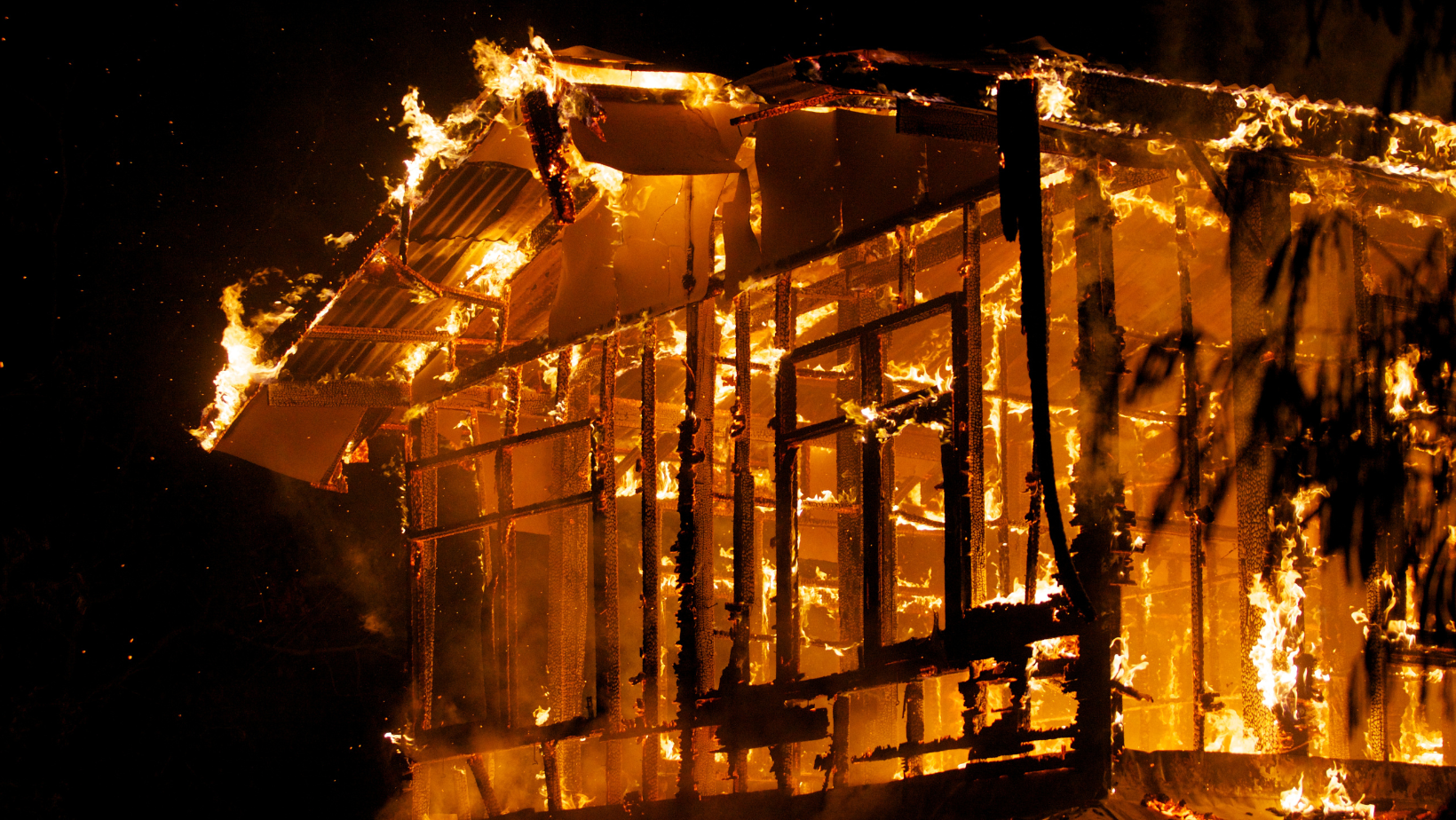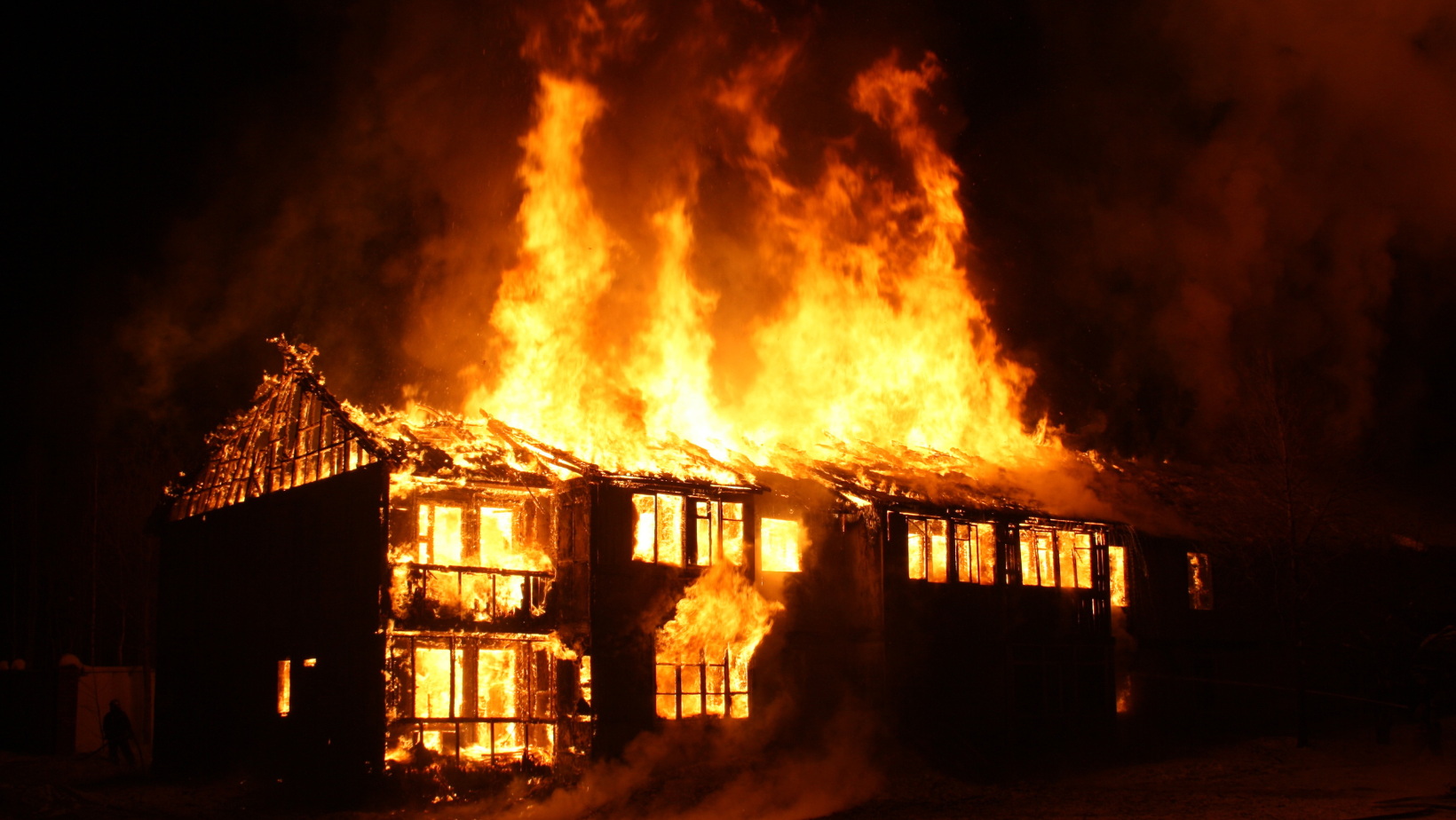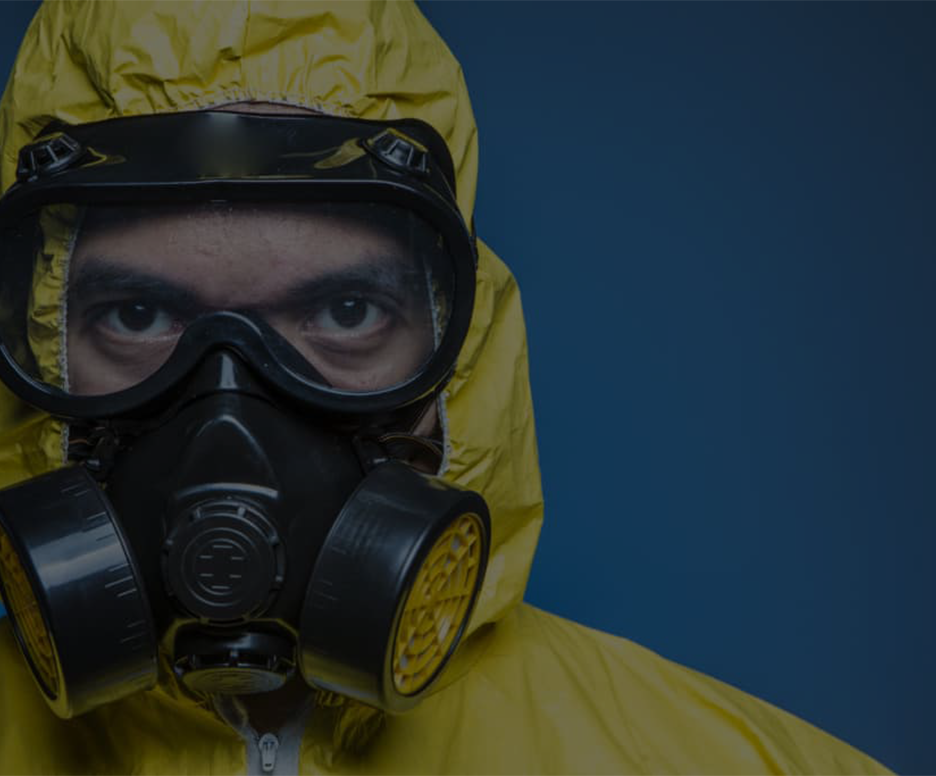
Must-Know Winter Fire Safety Tips That Prevent Fires & Save Lives
By: For Saving Heating & Cooling
Every season has its own unique fire hazards that homeowners should be aware of.
So if you don’t know how to prepare or prevent fires during the winter season, keep reading.
Below we highlight must-know winter fire safety tips that can prevent fires from starting and even save your life.
Let’s get right into it.
Christmas Tree Fire Safety Tips
-If you’re buying an artificial Christmas tree, make sure to find one that is labeled to be fire-resistant. Remember that this does not mean the tree won’t catch fire, but it does mean that the tree might resist burning and will extinguish fast.
-Check the freshness of a new tree whenever you are buying a fresh one. You will be able to tell if a tree is “fresh” by its richness in the green colour, the needles should be very difficult to pull out, and when you squish the needles in your palm, it should be difficult to break them. Also, when you are looking into a fresh tree, the trunk butt should be filled with resin. Tap it on the ground to see if it will lose any needles. If it does, then it is not as fresh as it looks.
-Once you bring the Christmas tree home, make sure to set it aside from any radiators or fireplaces. Any heated room will dry out the tree immediately, so you need to keep some water handy too. Avoid blocking the doorway and place the tree out of the way.
-After the holidays, there is such thing as a tree disposal. When the holiday season is over, you need to make sure that you are correctly disposing of the tree. Instead of throwing it in the fireplace and thus creating a potential fire hazard, leave the tree outside. Preferably, you should leave it on the curbside, and find out from your municipality when the old Christmas trees are going to be collected. Most communities do this and recycle the trees by turning them into mulch.
Christmas Lights And Electrics
-Check all the light sets before putting them on the Christmas tree or anywhere around the house. Make sure that there are no exposed wires, broken sockets, or loose connections. If you notice that there is a damaged set, throw it out.
-If you are using extension cords, make sure to use no more than three standard sets of lights per cord.
-If you have a metallic tree, remember never to use electric lights on it. The electricity can make the tree charred and you may end up electrocuting yourself if you touch a branch.
-If you have any Christmas lights outside, make sure to secure them before lighting them up. Secure them when you put them up around the home on the outside to prevent any windy weather from creating damage. Use hooks if necessary.
-Turn off all the lights before you leave the home. This is how you will prevent fire from happening.
-Make sure to add some ground fault circuit interrupters for all outdoor electric lights. If you plug them through this, then you will have a safer household. If you are unable to do it yourself, you can always contact a certified electrician to do this for you.
Decorating
-Use flame-resistant materials whenever you want to trim the tree. Choose decorative icicles that are made of non-leaded metals. Remember that the leaded metals can be hazardous if children consume them.
-Do not use candles near a tree. Instead, use non-flammable holders and make sure to put the candles in places where they will not be knocked down.
-If you have small children in the household, avoid all those decorations which are breakable or sharp because they can hurt themselves. Keep all smaller parts away from them and anything that is small and looks like candy – make sure to keep it away from their eyesight and reach too.
-If you are decorating with spun glass “angel hair” then wear gloves so you can avoid irritating your skin. Take a careful look at the instructions and avoid lung irritation too while you are decorating with snow spray.
Holiday Entertainment
-Whenever guests arrive at your home, make sure to tell them the escape route and check all the smoke alarms. They should be aware of all this.
-Keep pets and children away from candles.
-Keep all lighters and matches in a closet cabinet.
-Don’t leave the kitchen while you are cooking.
-Remind the smokers to smoke outside and not leave their smoking materials within reach of children.
-Provide some deep ashtrays for smokers. Wet the cigarette butts with water before disposing of them.
-Always plan ahead – if you want to drink at a party, do not drive. Either have a designated driver or have an alternative transport solution.
Fireplace
-If you want to remove the ash or the embers, make sure to do that correctly. Place them in a metal container with a lid and cover them with water. Avoid placing them in a plastic or a paper bag, or any other bag that is not fire-resistant. Don’t dispose of them indoors or anywhere close to the home.
-Be cautious when using fire salts, which create flames filled with colours when you throw them in a wood fire. If they are consumed, they can create an irritation within the body that may even result in vomiting. Put them as far away from children as possible.
-Avoid burning any wrapping paper. It may burn intensely and create a flash fire.
-Avoid burning any cartons, boxes, or other types of packing. They can generate too much heat and burn extremely fast.
-If you use the fireplace, don’t hang up the Christmas stockings there.
-Use a screen when using the fireplace.
-Avoid using flammable liquids to start a fire.
-Use only dry wood.
-Don’t leave the fire unattended.
-Clean the ashes regularly.
-Avoid using a Christmas tree as wood for the fire.
Candles
-Put off the candles before going to sleep or leaving the house. Keep them away from anything that can catch fire.
-Place them in sturdy containers which are fire-resistant and make sure they are large enough to collect the wax.
-Avoid placing the candles anywhere near windows where there are curtains.
-Don’t let them burn out completely – put them out when they are at least two inches from the decorative material.
-Avoid leaving pets and children alone with lit candles.
-Be cautious when using candles in cases when the electricity is out. a burning candle may just go unnoticed in the dark.
-Make the candle wicks short at all times.
-When you are buying novelty candles, check them first. They may be surrounded by dried flowers, paint, paper, or anything breakable or flammable.
-When you are using a candle and carrying it around, be as cautious as you can. Keep it away from clothes or anything else that might come your way.
Heat
-Keep stuff away from any heating equipment such as the furnace, wood stove, portable space heater, or fireplace.
-Keep children away from any heating source.
-Avoid heating the home with an oven.
-Whenever you are buying a new appliance, make sure to have a professional install it in your home. Use the instructions to learn how to use it.
-Call a professional to inspect the appliances and the heating system, as well as the chimney every year.
-Turn off portable heaters whenever you leave the room or go to bed.
-Check if you are using the right kind of fuel for space heaters.
-Make sure that all switches and emergency switches are working properly.
-Avoid trying to fix a broken furnace yourself. Instead, opt for having a professional do it for you.
-Have a thorough inspection of the walls around the chimney line. If the wall is cracked, heated, or discoloured, then you may do some repairs.
-Keep all trash away from the heating system.
-If your chimney is solid, but has some cracks or loose bricks, then make sure to seal them with solid masonry.
Kitchen
-Make sure that you are extra careful whenever you are cooking. One of the leading causes of house fires comes from the kitchen.
-If you feel like you are sleepy or if you have consumed alcohol, then it is best to avoid cooking overall.
-Stay in the kitchen for as long as you are cooking. Do not leave a pan or a working stove unattended.
-When you are using a stovetop, make sure to remove all tablecloths, oven mitts, and else from the area.
-Use a timer to make sure that you are cooking within the right timeframe.
-Keep children away from the stove while you are cooking.
If a pan filled with grease catches fire, you:
-Should turn off the heat.
-Never throw water on it.
-Use baking soda for a shallow grease fire.
-Cover the pan with a lid, and do not remove until completely cooled off.
If you have any questions about our article “Must-Know Winter Fire Safety Tips That Prevent Fires & Save Lives” or need a fire and water damage restoration company, feel free to call us at 1-833-WE-DRY-IT or chat with us in near real-time on our Facebook fan page.
Related Posts
Fire Damage Restoration Articles
How to clean up after a house fire
Fire damage restoration checklist
Fire damage tips: 6 hazards property owners miss
How smoke from fires can negatively affect your health
What are the most common causes of house fires?
10 helpful smoke damage cleaning tips
Mould Removal Restoration Articles
5 Signs You Have Mould Growing In Your Walls
“Can I Remove Mould Myself?” Our Mould Removal Experts Have Answers
7 Must-Know Reasons Why You Should Get A Mould Inspection Before Buying A House
Does Mould Attract Bugs? Yes And Here’s What Kind And Why
How To Remove Mould From The Attic [Mould Prevention Tips Inside]
How Rain Causes Mould Growth-Prevention Tips Included
Must-Know Tips: How To Remove Mould In Your Basement
Water Damage Restoration Articles
What you can expect from a fire damage restoration company
Water damage prevention tips from the most common problems we’ve seen
Top causes of water damage in commercial buildings and how to find them
Must-know water damage tips: What to do after your house floods
What does good water damage restoration look like?
DIY water damage restoration and the hidden dangers
How to choose the right water damage company
Flast floods: What to do before, during and after a flash flood
What to do when your attic leaks?
Related Water Damage Services
Fire damage restoration services
Water damage restoration services
Emergency cleanup services
Mould removal services
Weather damage services


